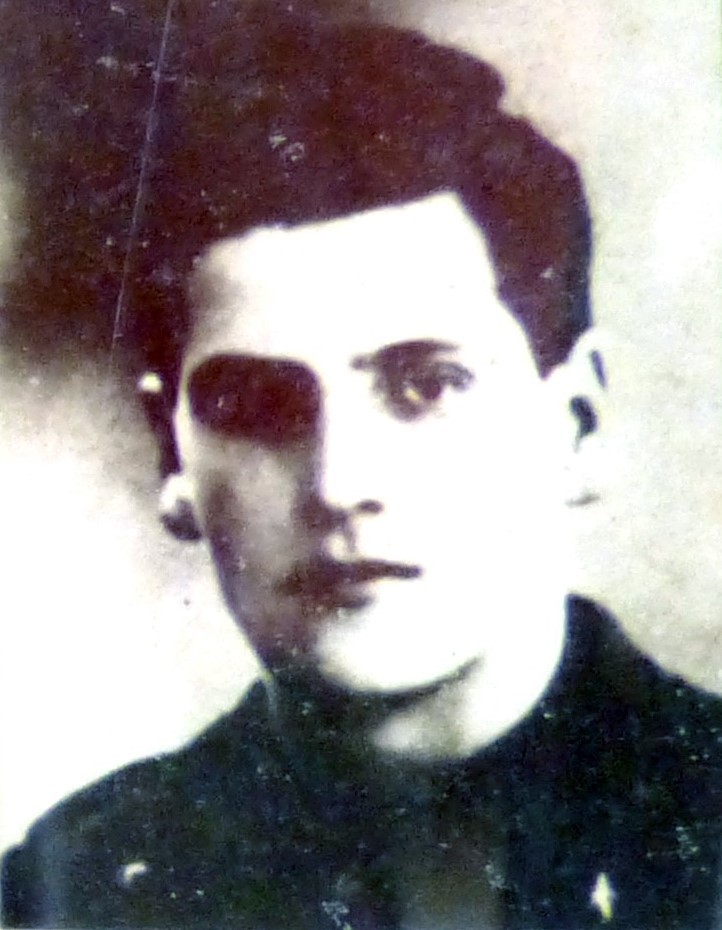Valoris Poli was born in Pistoia at San Felice on 12 January 1922. His family was of modest origins and his father passed away when he was young. He started working at Officine S. Giorgio (now Hitachi Rail) in Pistoia, one of the most important industrial plants in Tuscany, and demonstrated excellent skills in manual work and technical drawing. He spent his free time composing music and pursuing an interest in photographic art. He developed anti-fascist views thanks to discussions and meetings in both family and work environments.
On 8 September 1943, when the Armistice was announced, he was in Bologna as a soldier. He returned home and joined a resistance group formed along the upper Pistoia Ombrone valley. Later, as a draft dodger, he and two companions took refuge in the mountains at Posola, a small village in the town of Sambuca Pistoiese. They were obliged to retreat back to the village due to lack of food supplies but, as they were passing through Piteccio, they were apprehended by the fascist militia, taken to the barracks and interrogated. They were then transferred to the Ville Sbertoli prison. On 29 March, the special republican court sentenced the four young men to death (including Valoris Poli) and three others to various prison sentences for desertion and renunciation of conscription. The sentence was passed at the Santa Barbara Fortress in Pistoia on 31 March 1944. They were machine-gunned at dawn by a firing squad composed of soldiers, Carabinieri and republican soldiers.
A Pistoiese partisan formation took the name 'Valoris Poli'. After the war, he was recognised as 'Fallen for the Liberation Struggle.' A street in Pistoia and the Piteccio ANPI were named after him. On 31 March, in the presence of dignitaries, citizens and students, a public commemoration is held in memory of the four people shot at the Fortezza (Alvaro Boccardi, Aldo Calugi, Vinicio Lando Giusfredi, Valoris Poli); a plaque is erected to honour them. On 31 October 2007, President of the Republic Giorgio Napolitano awarded Valoris Poli and the other executed men the Gold Medal of Civil Merit. In 2022, a film dedicated to the 'Four Fortress Boys', entitled 'Four Yellow Narcissus', was made, written and directed by Firenza Guidi.
